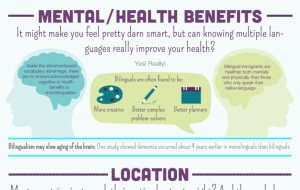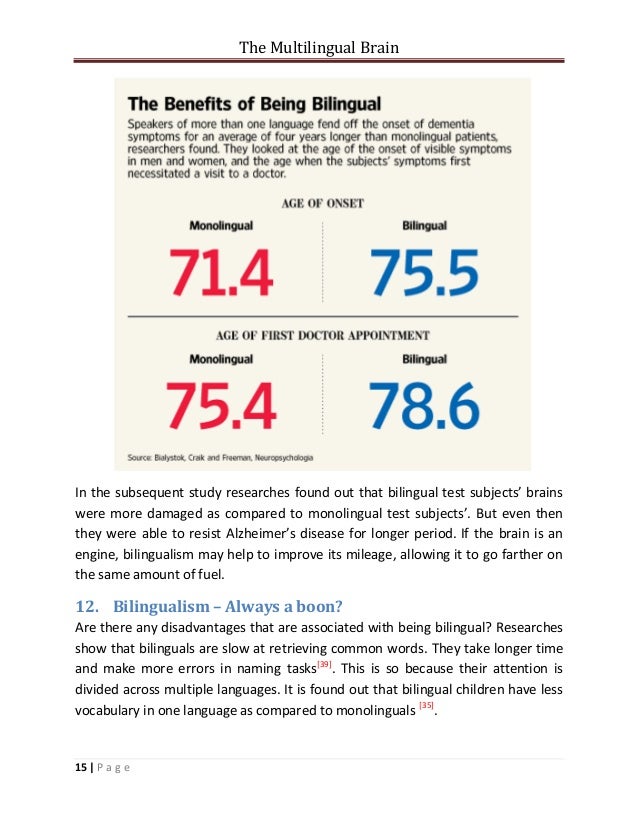

If a job opening comes down to candidates of equal experience and education, but one is fluent in more than one language it’s most likely the bilingual applicant that’s getting the position.Įven as early in the hiring process as when you submit your resume, being bilingual makes an impression.

The more of their customers you can communicate with, the more of an asset you are to them. As such, it’s a great benefit for many businesses to hire employees who speak more than one language. With so much business being conducted online, many companies now serve a global market. Many of our programs can be completed in as little as 10 months, placing you on the fast track to beginning a new and rewarding career. If you’re interested in training for a new career, you should consider enrolling in one of UEI College’s Career Training Programs. Here are some of the advantages you might not have thought about. The great news is that in addition to knowing a second language for conversing in your personal life, there are many bilingual benefits in the job market. If you’ve spoken a second language from a young age or learned another language for travel or personal interest, you may not realize the advantages of bilingualism in the workplace.
BILINGUAL VS MONOLINGUAL STATISTICS PLUS
One such resume plus is knowing a second language. Having a skill that allows you to stand apart is a great benefit. While that logic has its obvious flaws, the point is this: bilinguals can use their language skills to help them earn more money in a variety of professions.There is stiff competition in the job market these days. In a 30 year career, that would equal out to be over $200,000 more for speaking a language in addition to English! That is quite the difference just for knowing another language. Per our average number above, while a monolingual EMT may make about $30,360 per year, a bilingual EMT would make over $40,000. It is literally a matter of life and death. In the dozens of positions in the medical industry, is can be just as important for an EMT (Emergency Medical Technician) to speak Spanish as well as English in some precincts and situations. With Hispanics nearing 15% of the US population, it only makes sense that someone who speaks English and Spanish and works in a law firm in a position that deals with clients would be well-suited to ask for a bit more money. Working with the public means just that working with a cross section of people who speak a variety of languages. Jobs in the medical profession as well as the legal field give fantastic opportunities for bilinguals to shine. Which Fields Are The Best For Bilinguals To Find Work?Ĭlient-facing industries are great for bilinguals in the United States. The government's goal is to hit 70% bilingualism in graduates, reaffirming the value of bilingualism.Įven with a higher number of bilinguals, an article in TheGlobeAndPost says that bilingual males earn an average of 7% more and women earn 8% more if they speak both official languages in Canada: French and English. In Canada, a much more bilingual country with about 34% of recent graduates speaking more than one language, bilingualism is on the decline. In our English-centric culture we often overlook that bilingualism goes both ways. It takes into account bilingual speakers who speak English vs their monolingual counterparts who don't speak English.There are far fewer bilinguals to choose from, so each bilingual has a slightly higher 'value.'.This wage discrepancy is most likely due to the following two reasons: In the United States, bilinguals earn on average about $7,000 more than monolingual speakers. In Switzerland, bilingualism may not net you more money, however in North America your chances are much greater. One of the most bilingual countries in the world, Switzerland, however, officially recognizes bilingualism as a great advantage. 20% of the population is bilingual, with only about 10% of native-born Americans speaking more than one language.

The United States isn't exactly a hotbed of bilingualism. It's well-known that interpreters and translators parlay their language skill into cash, however the slight-less-well-known side of the coin is that regular jobs can also pay slightly more for someone with a bit of linguistic latitude. Multilingual people earn more money on average than monolinguals even in the United States. The Business Case For Bilingualism: Why Multilinguals Earn More


 0 kommentar(er)
0 kommentar(er)
